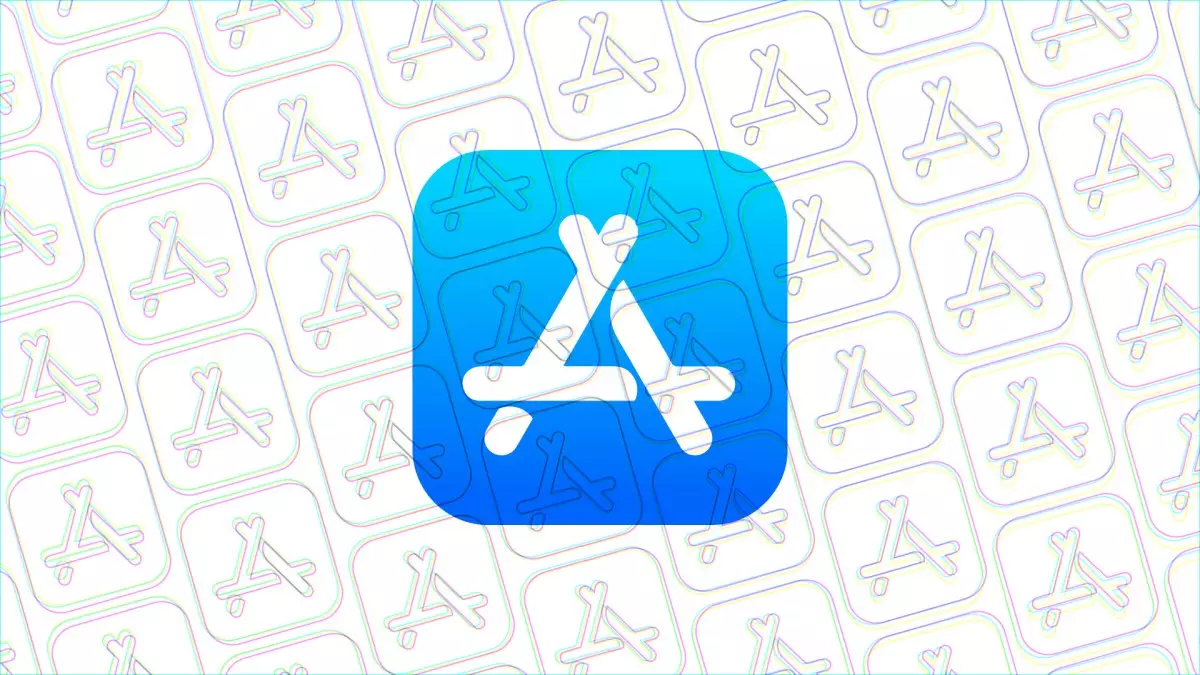The ongoing legal battle between Apple and Epic Games underscores the growing friction in the tech industry regarding app distribution and payment systems. As companies like Epic challenge Apple’s monopoly on the App Store, the ramifications of these disputes extend beyond the courtroom, affecting developers, consumers, and the broader technology landscape. The core contention revolves around the restrictive practices imposed by Apple, primarily regarding in-app purchases, which Epic argues stifle competition and innovation.
Recently, Judge Thomas S. Hixson has implemented a crucial deadline for Apple, demanding the production of over 1 million documents related to the company’s recent policy modifications. By dismissing Apple’s plea for an extension, the judge has not only signaled a clear expectation of accountability but also spotlighted what he deemed “bad behavior” on the part of the tech giant. His ruling, reiterating that Monday, September 30, remains the final deadline, suggests a determined approach to ensuring that Apple adheres to the court’s orders, thereby reinforcing the judicial system’s role in regulating corporate conduct.
Apple’s initial victory in the U.S. district court was seen as a testament to its power in the tech ecosystem; however, the subsequent order to modify its App Store policies illustrates the tension between industry leaders and regulators. While Apple was allowed to maintain some level of commission on transactions made through its platform, the call for transparency and fairness signifies a pivotal shift in how such businesses operate. The ongoing litigation not only threatens Apple’s bottom line but also reshapes the very fabric of digital commerce, compelling the company to navigate heightened scrutiny and potential reputational damage.
The Response from Epic Games
Epic’s insistence that Apple’s compliance has been executed in “bad faith” is a critical element in this legal saga. The assertion aligns with a broader narrative of technological accountability and the demand for fair play in app distribution. As Apple rolls out changes to its App Store, the nuances of these modifications are closely observed not just by Epic but also by countless developers who depend on the platform. With Epic’s legal team challenging the legitimacy of Apple’s revised rules, the stakes continue to increase, leading to an intensified focus on the implications of Apple’s decisions.
The Future of App Store Regulations
As the clock ticks toward the deadline, the expectation for Apple to fulfill its document production obligation is paramount. This situation presents an opportunity for the industry to reevaluate the frameworks that guide app distribution and payment protocols. Should the courts uphold the principles of transparency and fair competition, we may witness a transformative shift in how major tech companies operate. The outcome of this dispute carries the potential to redefine the relationship between platform owners like Apple and developers, ultimately shaping the landscape of digital commerce and consumer rights for years to come.
The ongoing case serves as a vital reminder of the delicate balance between innovation, regulation, and competition in an ever-evolving technological environment.

